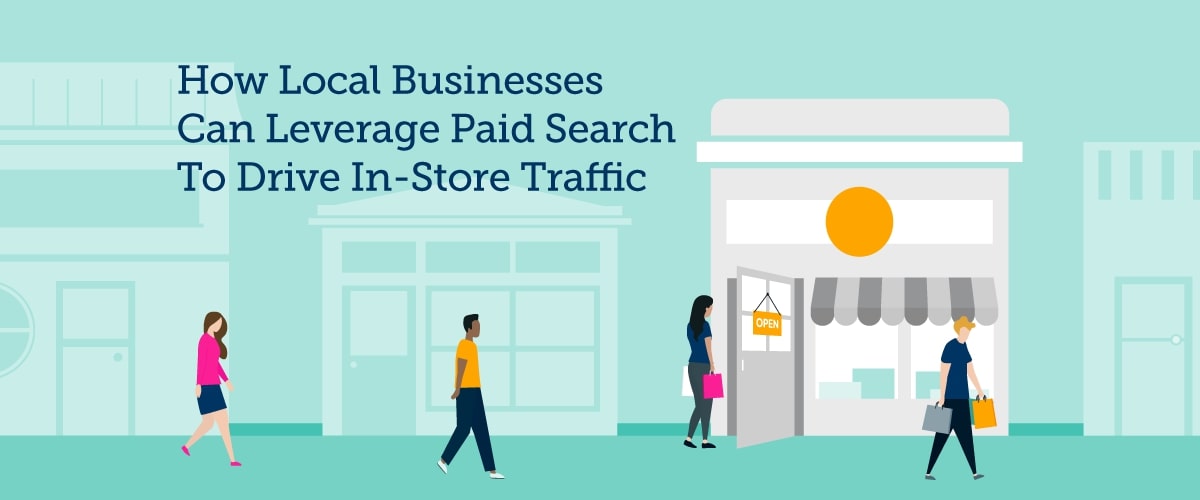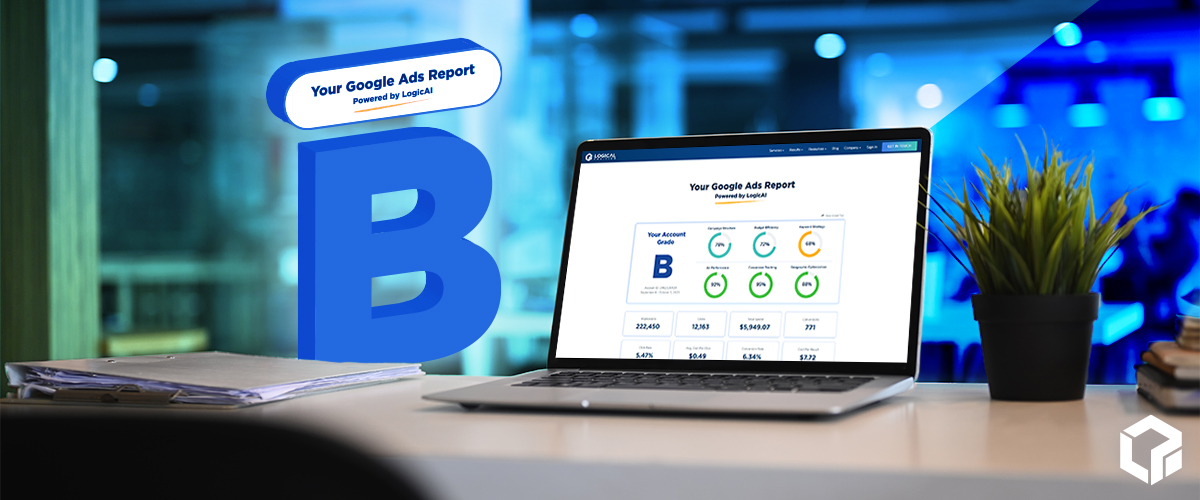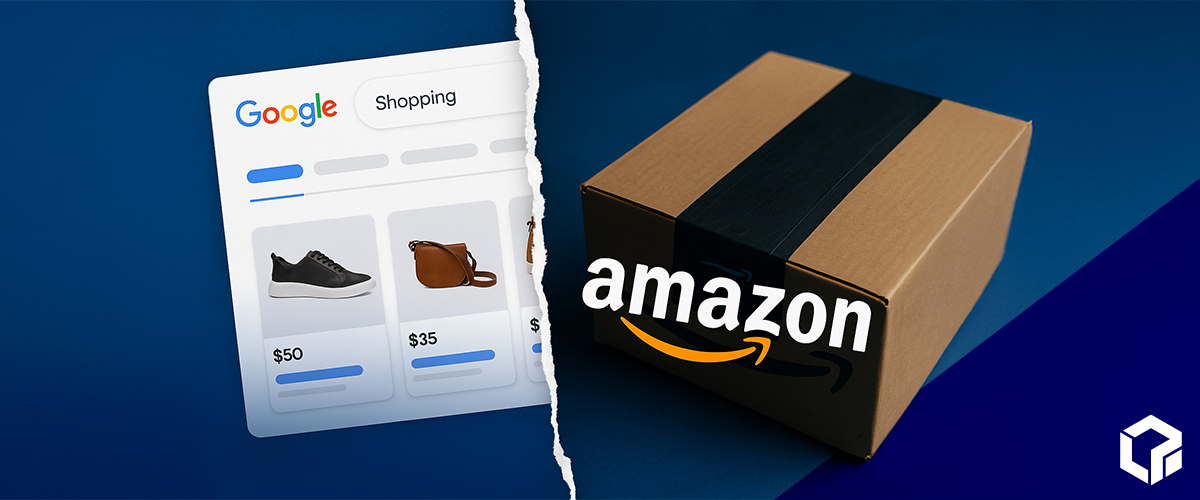Local businesses have historically been hesitant to invest in paid search, because it’s been difficult to track. Employees will ask customers where they heard about the company, and customer will often just say “online.” So how can a local business measure its success with paid search? For a local business, well executed targeting and keyword selection can make or break the success of a PPC campaign. Here, we outline a few tactics you can use to measure success and better capture a local audience that drives in-store traffic.

Understand Your Customers
Local businesses tend to overlook the fact that consumers are using Google to search for local products. Consumers are using Google and Microsoft Advertising for more than just buying products online. They’re using these platforms to search for businesses in their area and conduct research. And whether someone is searching for a product to buy online or to buy locally, they’re going to be using the same search terms. If you’re a local business who is not advertising on Google or Microsoft Advertising, you need to start. You could be missing out on consumers searching for products you sell, just because you didn’t realize they’re still willing to buy locally.
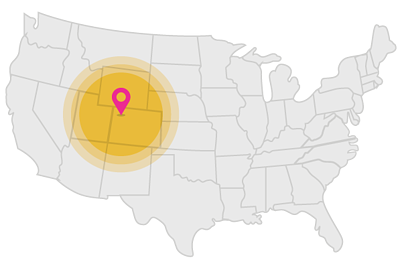
Focus Your Content Locally
As a local business, incorporating local focus into your paid search strategy is going to be crucial to your success. All of your content should be hyperfocused to target local consumers and entice them to come to your store instead of buying online. Here are a few areas in Google Ads where you can adjust your content locally:
- Keywords: Use location-based keywords to target the most relevant searches. A few options to include would be adding your city or state at the end of a keyword, adding “near me” or “nearby” at the end of a keyword, or adding “local” to the beginning of a keyword. If your business offers niche products or services that people are willing to travel for, it would make sense to include your state at the end of a keyword. If you’ve got lots of competition, including your city at the end of a keyword could be all you need.
- Locations: Location targeting allows you to target exactly where you want your ads to show. You can select cities, towns, states, or zip codes you want to target. You can even target a specific mile radius around your business if you only want to attract business from a certain distance away.
- Ad extensions: Your ad extensions offer a wealth of opportunities to target your content locally. Just a few of your options are to include your location list in your sitelinks, advertise in-store specials in your callouts, or include a location extension by linking your Google My Business account.
- Ad copy: Your ad copy is a great place to entice local customers to come into your store. Including any in-store promotions you’re offering or sales you’re running will help move the needle to get more customers through your doors!
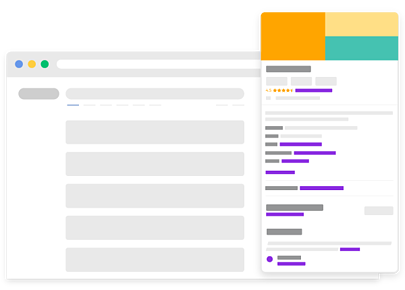
Leverage Your Google My Business Account
If you’re a local business, having a Google My Business (GMB) account adds an extra layer of trackability to your paid search strategy. Google has recently started putting Google-hosted metrics in the conversions tab of paid search accounts that have a GMB linked up to it. These metrics track things like engaging with click to call on mobile, the get directions button, or anything that indicates interest on a local level.
Before these metrics, it was difficult for local businesses to track conversions since their business wasn’t done online. What’s exciting about these metrics is that they’re not contingent upon transactions over the web, the way cost-per-acquisition (CPA) or return on ad spend (ROAS) would be. Local businesses are now able to gain exposure and feel confident about investing in Google Ads because of these metrics. One example of this is with the Google-hosted directions metrics. After all, who looks for directions if they don’t have high intentions of going?
Having a GMB page is vital for local businesses that are running paid search ads. Make sure it is linked to your Google Ads account and that all of the information is up to date and accurate. Including photos on your GMB and giving the consumer something robust to interact with will also increase your chances of success. Once you start leveraging your GMB page and focus your content locally, you’re on your way to capturing more local customers!

Logical Position, an Inc. 500 digital agency supporting 5,000+ clients across North America. LP is the proud recipient of Google’s Lead Generation Premier Partner of the Year and Microsoft's Global Channel Partner of the Year 2024! The award-winning agency offers full-service PPC management, SEO, Paid Social, Amazon and Creative Services for businesses large and small. As a Google Premier Partner, Microsoft Elite Partner & Meta Business Partner, LP is in the top 1% of ad spend managed across platforms.
